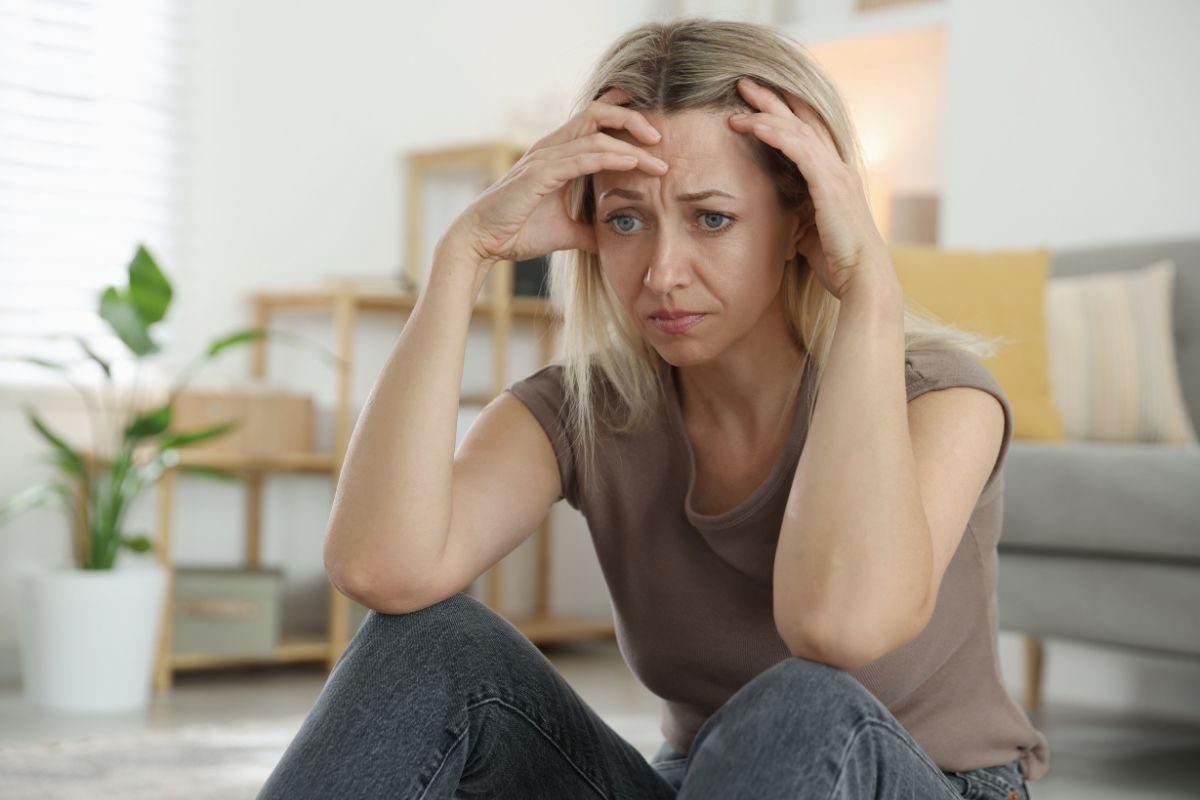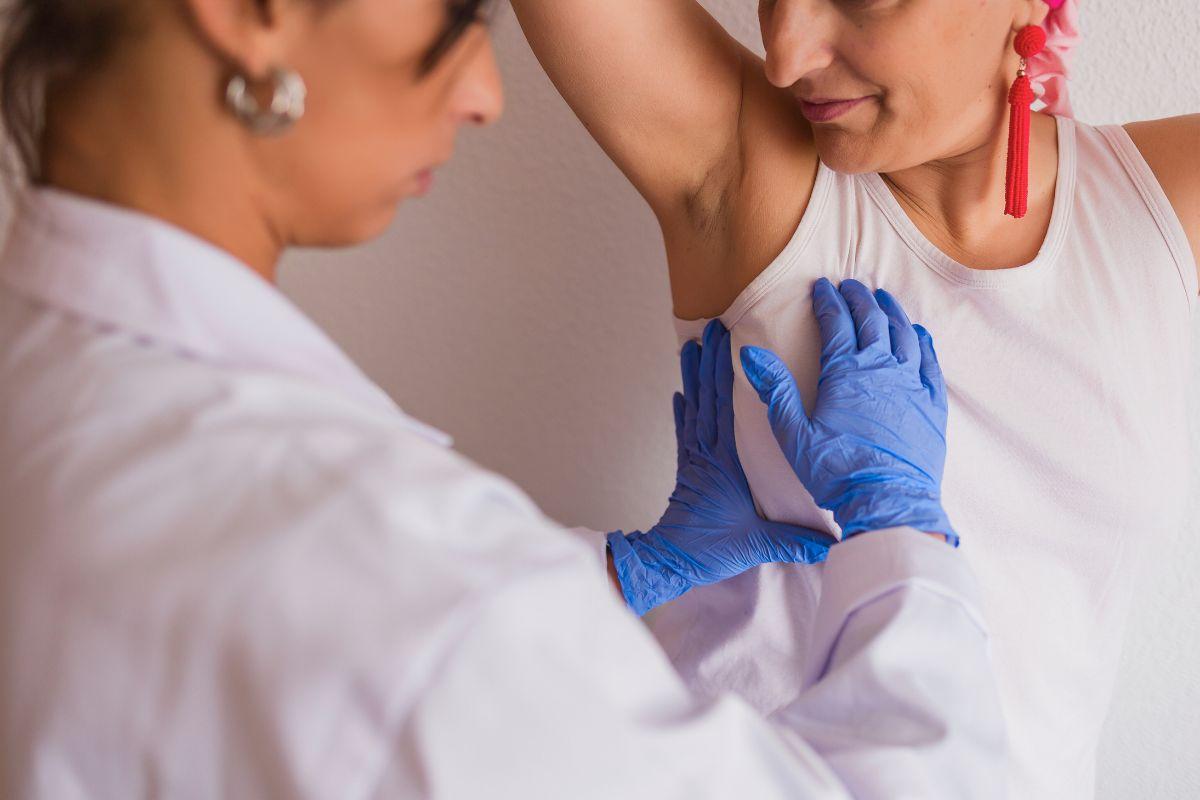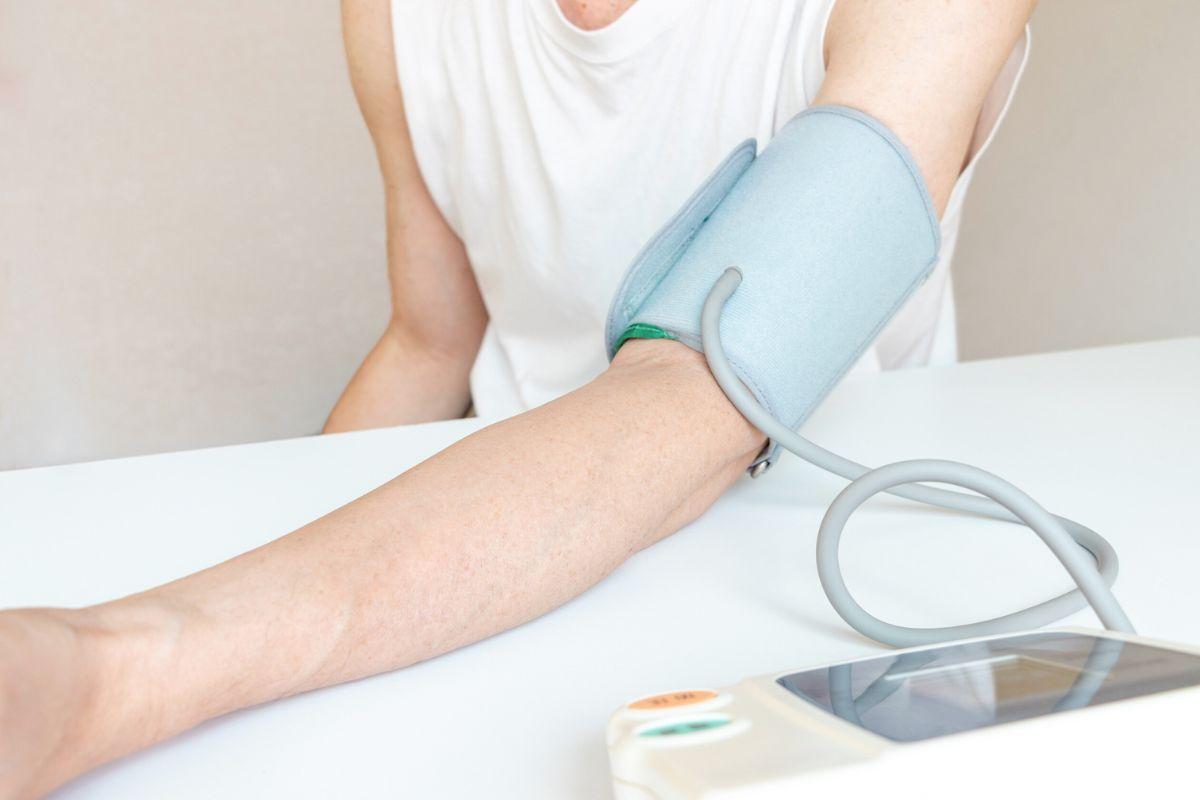Ever wondered why varicose veins develop and how they can be effectively treated? Join us as we delve into this topic with Miss Nund Rudarakanchana, a highly experienced Vascular Surgeon based in London. In this article, we’ll explore the causes, symptoms, and latest treatments for varicose veins, all explained through Miss Rudarakanchana’s expert insights. For a visual exploration, watch the video below.
What are varicose veins?
Varicose veins are not just a cosmetic concern—they’re enlarged, twisted veins visible beneath the skin’s surface, often found in the legs due to the strain of standing and walking. Veins act as blood return highways, but when valves malfunction (a trait often inherited), blood can flow backward and pool in the veins. This pooling causes them to swell and bulge, resulting in varicose veins.
Can you prevent varicose veins?
While you can’t entirely prevent varicose veins if you have faulty valves, you can manage symptoms and slow progression. Regular exercise, a balanced diet, and elevating your legs can help. Some find relief with compression stockings, though they can be uncomfortable for daily wear. Once varicose veins form, they won’t disappear on their own and may require medical attention.
Impact on quality of life
Varicose veins affect more than just physical health—they can impact self-esteem and social activities. Many people feel self-conscious about their appearance, avoiding situations like swimming or wearing skirts. Physically, varicose veins can cause heaviness, fatigue, swelling, and pain in the legs. Restless legs at night and leg cramps while walking are common, and in severe cases, varicose eczema and venous ulcers may develop, causing discomfort and skin changes.
Treatment options
Fortunately, modern treatments for varicose veins are effective and minimally invasive. Here are the main treatment options:
1. Endovenous ablation
This technique closes main trunk veins (e.g., great saphenous vein) using heat delivered via laser or radiofrequency. Miss Rudarakanchana favours laser for its versatility in treating different vein patterns. The closed vein is gradually absorbed by the body, relieving pressure on surrounding veins.
2. Foam sclerotherapy
For visible, lumpy varicose veins, foam sclerotherapy is effective. A chemical foam injected into the veins causes them to clot and disappear over time, typically within six weeks to three months.
3. Volscians
Larger varicose veins may require small incisions directly over the vein, where they are gently removed. This procedure is performed under local anaesthetic, with minimal downtime.
Seeking treatment
If varicose veins affect your daily life, seeking advice from a specialist like Miss Rudarakanchana is crucial. An examination and ultrasound scan will tailor a treatment plan to address symptoms and improve leg appearance, restoring confidence and comfort.
Miss Nung Rudarakanchana is a highly regarded vascular surgeon based in London, UK, specialising in the treatment of vascular conditions, with a particular focus on varicose veins. With a patient-centric approach, Miss Rudarakanchana utilises advanced, minimally invasive techniques to provide personalised care and achieve effective outcomes. To book a consultation with Miss Rudarakanchana, click here.
Find the right specialist for you. Doctify uses verified reviews so you can make the best decision for your healthcare.





